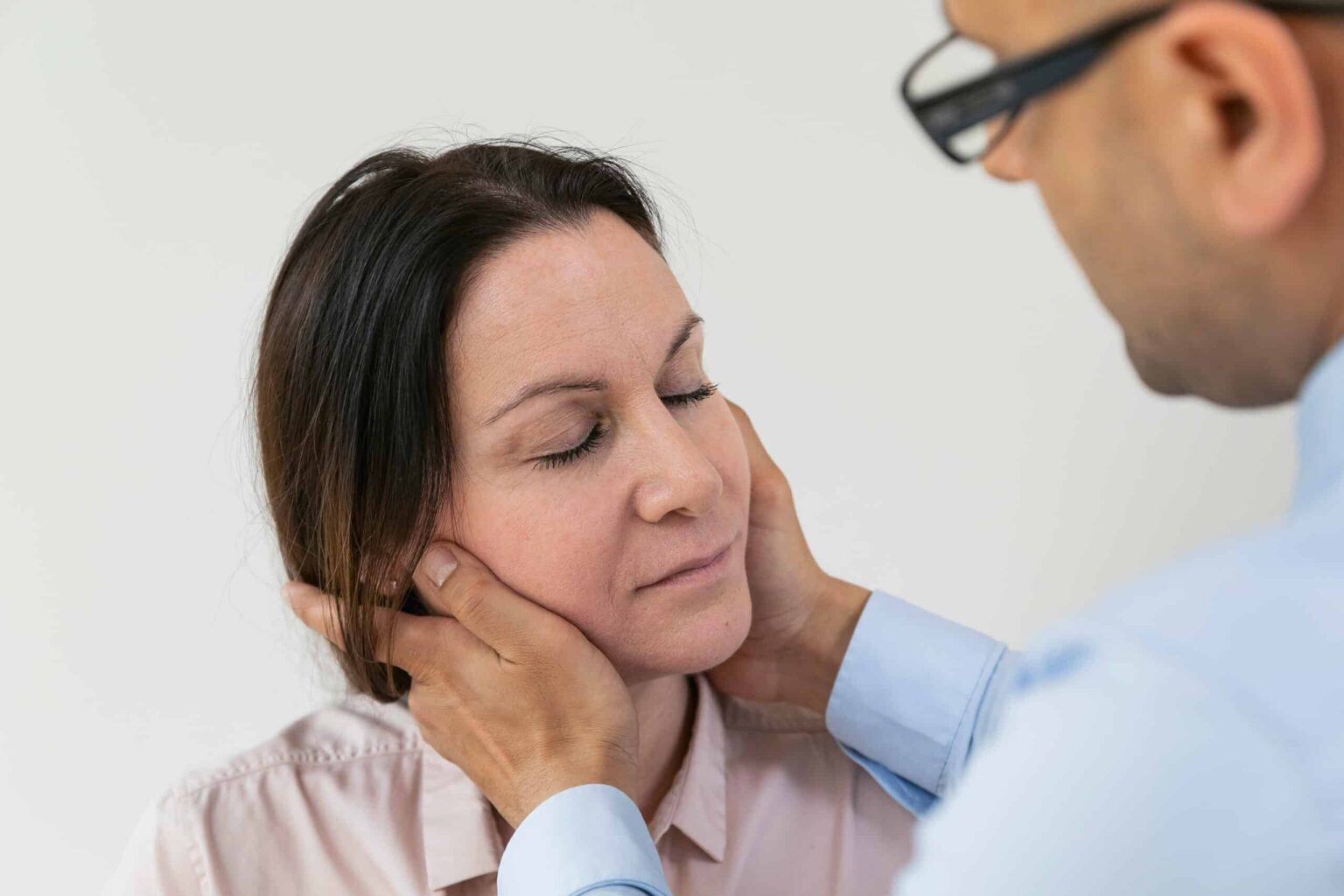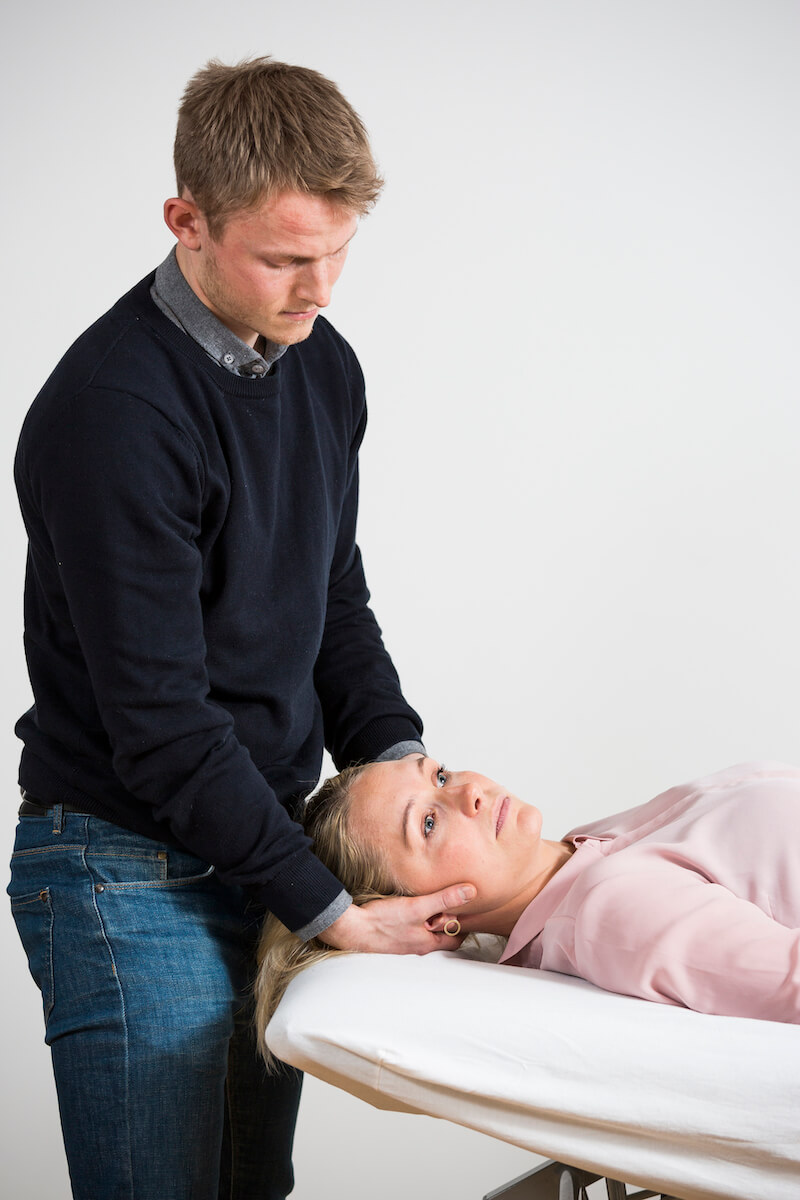We advise on problems from
Vitamin deficiency
Vitamin deficiency
Vitamin deficiency is a condition in which the body does not receive sufficient amounts of essential vitamins, which can lead to a number of health problems. Vitamins are necessary for body functions, including metabolism, immune function, and cell function. This article will provide a detailed overview of the symptoms, causes, and treatment of vitamin deficiency, as well as how to prevent it.
Jump to section [Show]
What is vitamin deficiency?
Vitamin deficiency occurs when the body does not get enough of the necessary vitamins to function properly.
There are different types of vitamins that the body needs, including vitamins A, B, C, D, E, and K.
Each type of vitamin has specific functions and is needed in different amounts. Deficiency in these vitamins can result in various health problems. (Source: Sundhed.dk).

Symptoms of vitamin deficiency
The symptoms of vitamin deficiency vary depending on which vitamin is lacking. Here are some general symptoms: (Source: Sundhed.dk):
- Fatigue and weakness: A deficiency in B12 or iron can lead to anemia, which often results in fatigue and weakness.
- Skin problems: Vitamin A deficiency can lead to dry skin and acne. Vitamin C deficiency can cause scurvy, which affects skin healing.
- Vision problems: Vitamin A deficiency can lead to night blindness and other vision problems.
- Bone problems: Vitamin D deficiency can lead to weak bones and increase the risk of fractures.
- Bleeding and bruising: Vitamin K deficiency can cause easy bleeding and bruising.
We offer Functional Medicine consultations, where you can learn more about whether your body is getting what it needs, based on blood tests.
Causes of vitamin deficiency
There are several factors that can lead to vitamin deficiency, including:
- Digestive problems: Diseases like Crohn’s disease or celiac disease can affect the body’s ability to absorb vitamins from food.
- Medication: Some medications can interfere with vitamin absorption.
- Alcohol abuse: Alcohol can interfere with the absorption and storage of vitamins.
- Poor diet: A diet that lacks variety and essential nutrients can lead to vitamin deficiencies.
Diet can also have an impact on metabolism and, for example, a lack of the amino acid tyrosine or phenylalanine, which can occur in some vegans, can cause metabolic problems.

Vitamin deficiency at different stages of life
Vitamin deficiency can have specific consequences at different stages of life, and specific groups have different needs.
Children
Children need a wide range of vitamins to support their growth and development. A lack of vitamin D can lead to rickets, a condition that weakens the bones. Vitamin A is also important for vision and the immune system. Children should have a varied diet that includes dairy products, fruits and vegetables to ensure adequate intake. (Source: Sundhedsstyrelsen 1).
Pregnant women
Pregnant women have an increased need for several vitamins, including folic acid, vitamin D and iron. Folic acid is essential for preventing neural tube defects in the fetus, while vitamin D and calcium are important for the bone health of the mother and child. Pregnant women are advised to take supplements to ensure they get enough of these nutrients (Source: Sundhedsstyrelsen 2).
Elderly (+70 years)
Older people are often at increased risk of vitamin deficiencies due to decreased appetite and changes in digestion. Vitamin D and calcium are particularly important for preventing osteoporosis. In addition, B12 deficiency can lead to neurological problems and anemia. Older people are recommended to take vitamin D supplements and possibly other vitamins as needed. (Source: Sundhedsstyrelsen 3).
How do you prevent vitamin deficiency?
To prevent vitamin deficiencies, it is important to eat a varied and balanced diet that includes:
- Fruits and vegetables: Rich in vitamins like A, C, and K.
- Seafood: A good source of vitamins D and B12.
- Dairy products: Contain vitamins D and A.
- Whole grains and nuts: A source of vitamin E and B vitamins.

Treatment of vitamin deficiency
Treatment depends on which vitamin is lacking and how severe the deficiency is:
- Supplements: Vitamin pills or supplements can help correct deficiencies.
- Dietary changes: Incorporate more vitamin-rich foods into your daily diet.
- Medical treatment: In severe cases, medical treatment may be necessary, including injections of certain vitamins.

Often related problems

Jaw joint pain

Vitamin deficiency – spot & control the symptoms

Trigger finger

Carpal tunnel syndrome

Sprains

Tenosynovitis

Nerve pain

